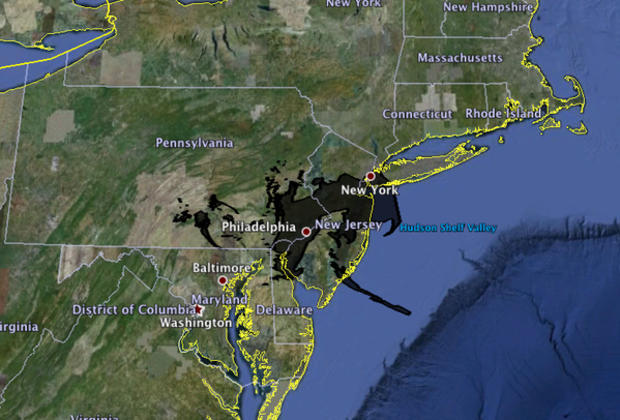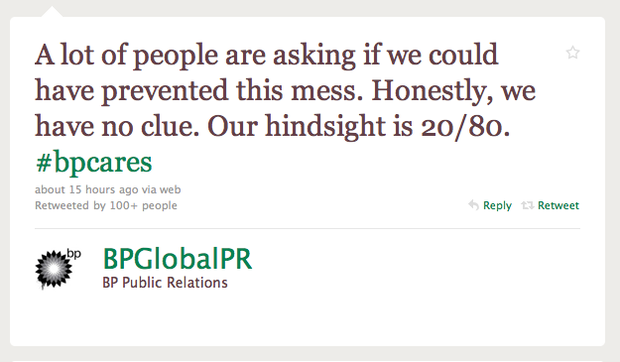Online Resources to Drill into the BP Oil Disaster
Since April 20th, an estimated 19 million gallons of crude oil has spewed into the Gulf of Mexico. The last time the nation confronted a manmade disaster of this magnitude was with the Exxon Valdez oil spill in Prince William Sound, Alaska in 1989.
But the Exxon Valdez spill happened in the pre-social media era. Facebook, Twitter and livestreaming to an audience of billions had not yet been born. No doubt, it was easier for the government and Exxon before the advent of the social Web to manage the information flow and perceptions from a PR angle--at least until images of the oil-laden wildlife brought home the severity of the spill.
Cut to the crisis at hand in 2010, and the disaster is played out in real-time from the ocean floor to the parishes of New Orleans with livestreams, tweets, Facebook groups and other digital media that make it hard to hide, control or even filter the harsh realities of the situation.
Here are some digital resources that can offer a greater understanding of this offline disaster:
1) The 24/7 Livestream
Watch this environmental crisis continue before your very eyes with BP's livestream of oil gushing into the Gulf of Mexico and estimates of gallons leaked.
2) The Visual
An estimated 19 million gallons of crude oil have spewed into the gulf. Can't visualize how much that actually is? Google employee Paul Rademacher created THIS SITE. Just plug in your city and see a visual on Google Earth of how it compares to the oil spill.
3) The Twitter Account
You can follow the offical Twitter account @BP_America, or you can follow it's satirical, mysterious counterpart @BPGlobalPR. Launched a week ago, the fake Twitter account has amassed over 59,000 followers and pokes fun at the firm, trying to find some biting humor in the disaster.
Gulf of Mexico - Deepwater Horizon Incident provides up-to-date information on the leak, and allows people to get alerts via cell phone, file a claim or report an incident. It is being maintained by the BP, which owns the oil; Transocean, which owns the rig; the U.S. Coast Guard, the National Atmospheric and Oceanic Administration, the U.S. Department of Homeland Security and the U.S. Department of the Interior.
5) The App
OilReporter is an application that can be downloaded onto the Android or iPhone. Built by Intridea, the app enables people to help with the recovery effort by using real-time check-ins to report what they're seeing on the ground. Users can upload photos and videos, reporting on oil sightings, harmed wildlife and other information.
These tools are not only a catalyst for public discourse and engagement, but also force a level of transparency that could lead to more accountability by the responsible parties.

